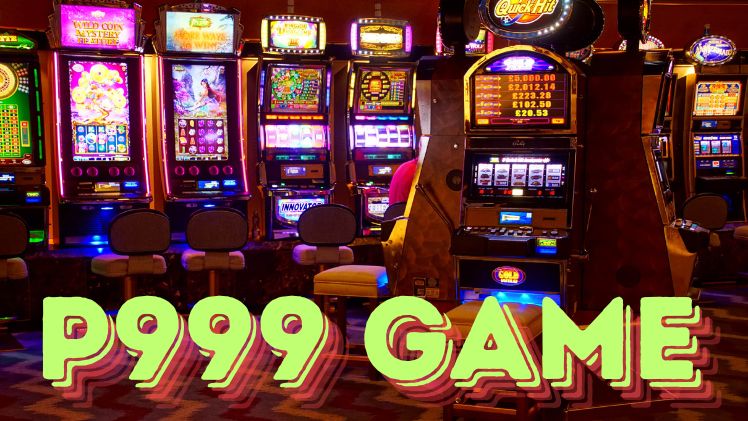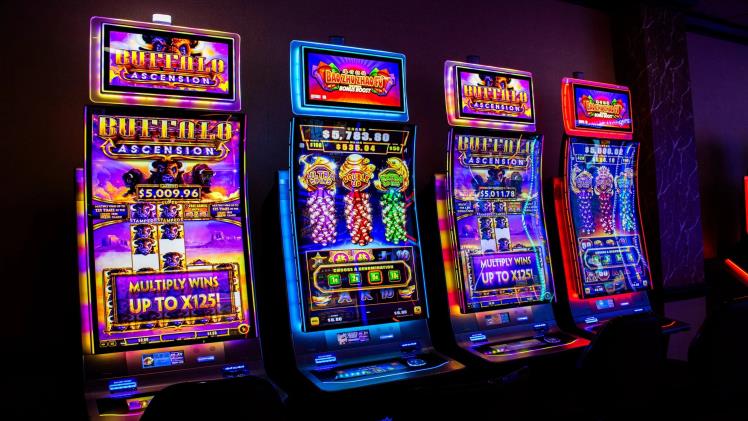In the growing world of colour trading games, many players depend not only on patterns and timing but also on intuition. One sense that usually functions without conscious thought is intuition. It has a unique function in decision-making, especially with games that require quick decisions and pattern recognition. Even while statistics and analysis are useful, such players frequently find themselves making colour choices on the spur of the moment, particularly after some experience with the game.
Though it may seem like a realisation or an instinct, intuition is affected by memory, attention, and past behaviour. In colour trading games, intuition grows over time, and players start to feel more confident about their decisions. The role of intuition is different for each person, and this article explores how it works through some well-known platforms in the colour game space. From simple user experiences to repeated gameplay, we will examine how certain platforms allow intuition to grow and shape player choices.
Recognising Player Flow in the Tiranga Game
The Tiranga Game is recognised for its clear structure, which allows players to focus on the colour round without distractions. Over time, players develop a rhythm, and intuition becomes a part of that flow. With each round being quick and repetitive, users begin to respond not just with thought but with feeling. This is where intuition starts to lead.
Memory and Experience Shape Intuition
Regular users of the Tiranga Game often build a mental log of previous outcomes. This memory slowly guides their future choices. Instead of relying only on planning, players start to trust their first thought. That is the point where intuition becomes stronger than doubt. Repeated rounds, simple layout, and familiar design help this instinctive behaviour grow.
Experience-Based Decisions in Bharat Club
In the case of Bharat Club, intuition comes into play after several sessions. As players observe colour shifts and result patterns, they slowly start making choices without deep thinking. This is not guessing. It is the result of silent learning that builds with each interaction.
Intuition Supports Quick Decision-Making
- The Bharat Club game is made for rounds that move speedily.
- It makes sense for players to make decisions quickly.
- Playing this pace every morning helps improve rapid thinking and intuition.
- Many players ultimately come to trust their intuition before reason entirely takes over.
Building a Personal Style on Raja Luck
For many users, Raja Luck is not just about selecting a colour. It becomes a space to develop a personal approach to decision-making. Some players rely on number tracking, while others learn to follow their instinct. Over time, a balance forms between thought and feeling.
Repetition Leads to Pattern Recognition
- In Raja Luck, players start noticing their habits with each round.
- They learn when to trust their instinct and when to hold back.
- This growth builds confidence and adds deeper value to the game.
- Over time, players realise that sometimes the first choice is the best one.
Fast Pace Enhances Instinct in Kwg Game
The Kwg Game operates at a fast pace, which pushes players to make quick choices. This pace removes time for deep thinking, and players start depending on their feelings. After a while, this becomes second nature. That is where intuition becomes a strong tool in the player’s journey.
Repeated Play Develops Quick Thinking
In the KWG Game, the more a player interacts with the platform, the more they rely on personal judgment. Intuition is built through hours of involvement. As players improve, they find that instinctive choices often lead to success. The game environment allows them to sharpen this skill with every new round.
Familiar Patterns Improve Instinct
The structure of the 7 Tiranga game supports regular gameplay, and this repetition is key in developing intuition. Players begin to pick up on quiet patterns. These may not always be clear, but the brain stores them. Over time, the result is a feeling that guides the next step without strong thinking.
Confidence Rises with Consistent Use
- Regular players of Tiranga game app often say their confidence comes from sensing the right choice, not just the results.
- This feeling of certainty reflects the growth of intuition through steady play.
- The app helps this process by offering a smooth, stable experience without distractions.
- As a result, instinct naturally begins to guide decision-making more often.
Intuition as a Key Element in Colour Trading Games
In colour trading games, intuition does not mean random choice. It is the outcome of learning, observation, and experience. The mind stores actions and results, even when the player does not notice. This becomes a resource for future decisions. When players act quickly but with confidence, they are often using that stored knowledge without full awareness.
Each Platform Offers a Different Path
Every colour game platform has its way of supporting intuition. Some, like Tiranga Game, focus on simplicity. Others, like Raja Luck or Kwg Game, offer speed that pushes instinctive response. Each experience helps players build their internal guide, which becomes more accurate over time.
The Long-Term Value of Intuition in Gameplay
As players grow in experience, they move from guessing to knowing. This process is quiet and personal. Platforms like Bharat Club and Raja app demonstrate that repeated interaction enables users to transition from planning to trusting their natural responses. This change improves not only game outcomes but also the user’s sense of focus.
When Practice and Instinct Work Together
Colour trading games reward those who pay attention, but they also reward those who trust themselves. Intuition is not a shortcut. It is a skill that develops with effort. Over time, players notice that their first choice feels more accurate, and their confidence grows with every round. This is the long-term reward of trusting intuition.
Conclusion
Intuition is a silent player in the world of colour trading games. It helps users make quick yet thoughtful choices, shaped by past actions and repeated involvement. While logic and pattern tracking are useful, the instinct that forms through practice is equally powerful. From platforms that support clarity to those that encourage speed, each game helps develop this sense of inner trust. Players ultimately come to understand that following their guidance is not only favourable but sometimes essential for choosing the best plan of action at the correct moment.







